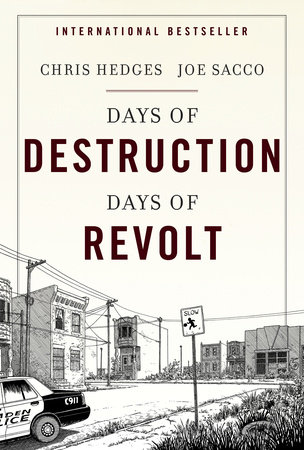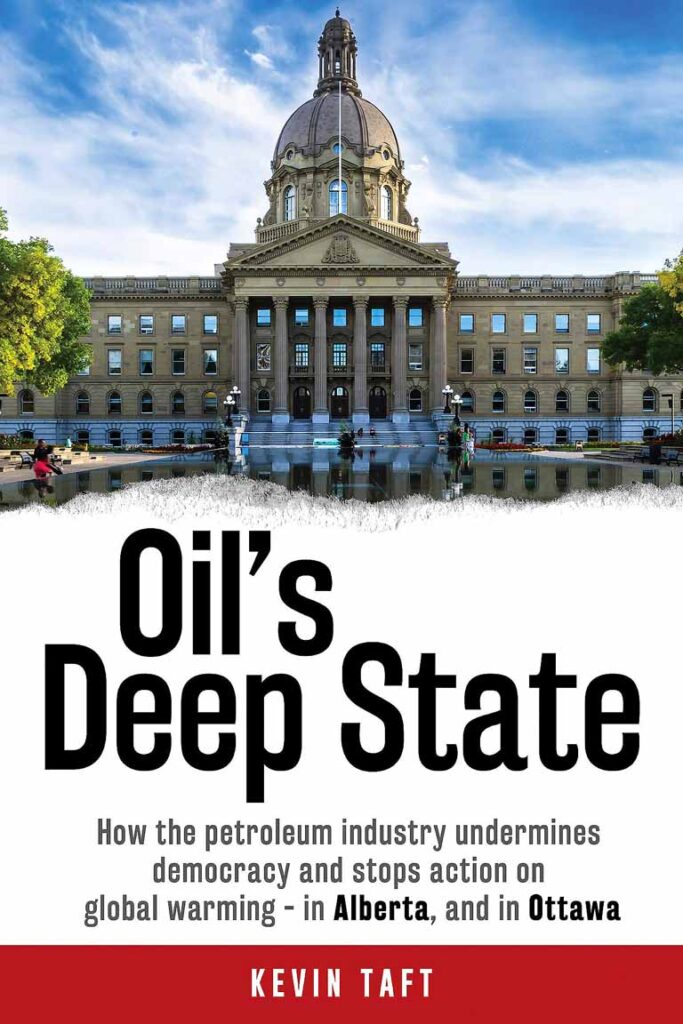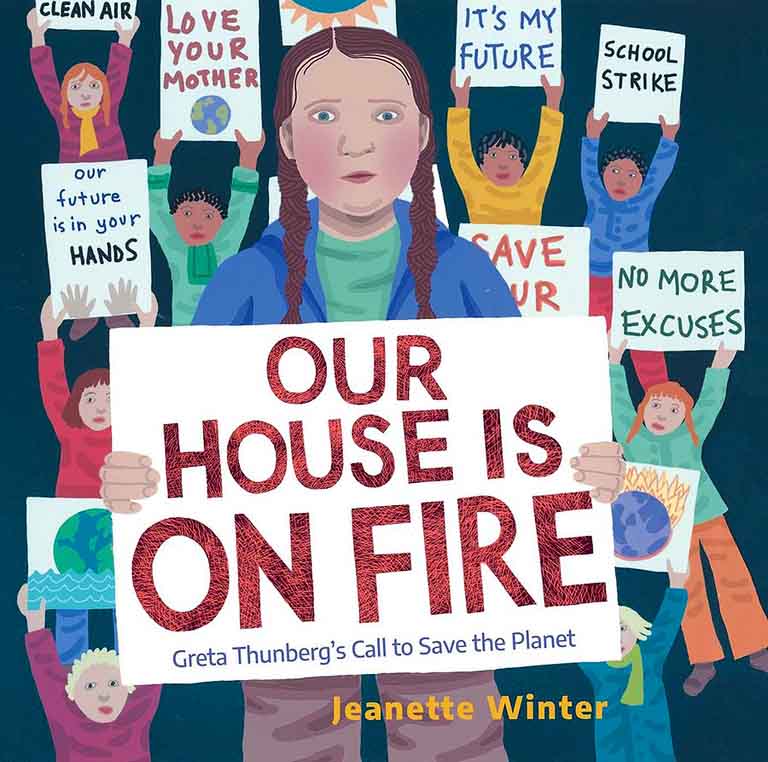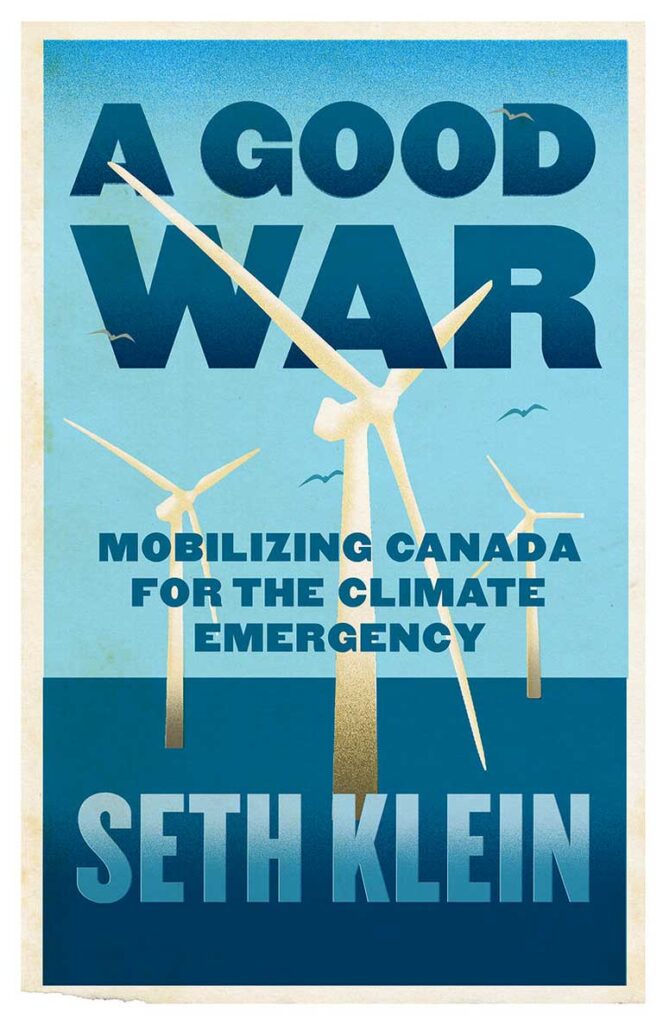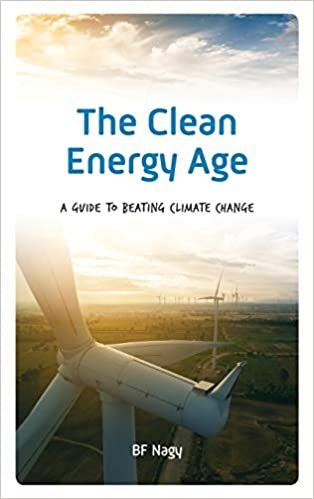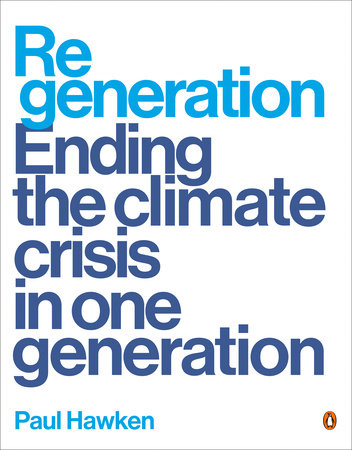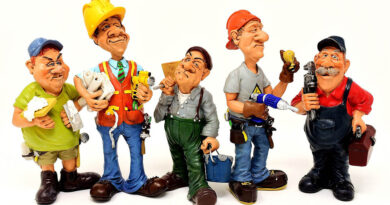A Sustainable Orillia Reading List
By Fred Larsen, Gord Ball, Susanne Laperle and other SO committee members – Special to SUNonline/Orillia
Thousands of words are written these days about the damage human activity has done to our planet (not just because of global warming) and about the climate crisis this human activity has created. Scientists have been warning of what changes to the climate might do to our world since the mid-1990s, if not earlier. Many of us remember Al Gore’s publication of An Inconvenient Truth in 2006 and the release of the documentary film of the same name.
Gore’s book and film have been followed by dozens of titles that chronicle a) what is causing long-term changes to our climate and b) how and why our activities have the impact they do. In spite of these many titles, it is only recently in Canada and elsewhere the urgency of this situation is starting to be realized; a realization hastened by increasing reports of extreme weather events that are causing billions of dollars of damage across the planet. People in B.C. must be wondering what hit them in 2021; a heat dome, fires consumed a whole town, drought, flooding and mudslides disrupting transportation routes and supply lines – followed by icy winter temperatures not been seen west of the Rockies for some time. Tornadoes and more wildfires in the U.S. have been other indicators of this urgency.
If you are still seeking to understand climate change and how it threatens us, here are some books we recommend:
Days of Destruction, Days of Revolt, by Chris Hedges and Joe Sacco.
This book can be a difficult read, but it’s an important one. Hedges and Sacco chronicle how corporations and the search for profits have created sacrifice zones – places in the U.S. “where human beings and the natural world are used and then discarded to maximize profit.” The book takes the reader to five areas of the U.S. to document and tell the stories of people cast aside as acceptable wreckage in the wake of corporate capitalism’s devastation of the land, the local economy and the people. The chapters on Camden, New Jersey and Welch, West Virginia should make the reader angry as they explore the consequences of industry leaving Camden and moving offshore, and then the devastation brought about to the mountains, valleys and people by the coal industry in West Virginia. Hedges sees revolution coming as inequality and corporate greed leave so many people in dire circumstances across the U.S. and by extension, the world.
Oil’s Deep State: How the Petroleum Industry Undermines Democracy and Stops Action on Global Warming—in Alberta, and in Ottawa, by Kevin Taft.
This book might make you angry. Taft shows how the oil industry has infiltrated the governments of Alberta and the federal government in Ottawa in order to shape provincial and federal policies to keep the subsidies flowing to the fossil fuel industry, and to persuade politicians they must protect the industry against those “crazy environmentalists.” The author shows how lobbyists shape governmental policy on both levels of government, helped by the fact that industry people become politicians and politicians, on retirement, often become members of the oil industry. Taft, in exposing these connections, makes it clear why the two governments have been so slow to take action – and worse, have been part of the denial of the impact of fossil fuel use on the atmosphere, on climate change.
Our House is on Fire: Greta Thunberg’s Call to Save the Planet, by Jeanette Winter.
For many Greta Thunberg has become the voice of the planet’s youth. Her Fridays for Climate Strike, begun at age 15 in front of the Swedish Parliament, is now a worldwide youth movement. As a spokesperson for young people at the U.N. and at climate conferences, she has exposed the, “Blah, blah, blah,” of world leaders who have promised much and done little over the past decade. The author, Jeanette Winter, has written the story of Thunberg’s life and her message as an inspiring story for young readers, ages three to eight.
A Good War: Mobilizing Canada for the Climate Emergency, by Seth Klein.
If you read only ONE book in the next year, make it this one. Klein has taken on the task of comparing the actions that must be undertaken by governments, by industry, and by Canadians to the actions they took in the 1940s to defeat the threat of fascism in Europe and in the Far East. Step by step he demonstrates when threatened by this enemy Canadians at all levels were prepared to sacrifice for victory over that enemy. Klein argues that a similar response to the threats of the climate crisis—“a good war”—is needed now and that such a response would be both achievable and effective in reducing the threat that this enemy poses for us all.
The Clean Energy Age: A Guide to Beating Climate Change, by BF Nagy.
Sustainable Orillia has mentioned Nagy’s book in some of our Tips of the Week during the past year, but the book remains one of the best guides we’ve seen to the kind of detailed action required of governments, business and industry, and individual citizens. Nagy focuses on actions to reduce greenhouse gas emissions and to prevent the worst predictions of what might come if action is not taken now.
Regeneration: Ending the Climate Crisis in One Generation, by Paul Hawken.
“Life-empowering! Paul Hawken once again provides us timely and visionary leadership in this earth-saving compendium of insights from a team of experts sharing the transformations we are now carrying out as well as those we need to enact across a spectrum of human activities. Filled with hope, and agency, Regeneration is an inspiring and practical guide for a healthier world, uplifting our spirits and showing us exactly how together, we can do this!” said New York Times bestselling author Dan Siegel, M.D.
Though this list is just a sampling of what’s out there on this topic, reading these six alone may make you angry about the lack of action by our politicians and business leaders; not to mention upset at how the fossil fuel industry has worked, and continues to work to make governments and the public feel fossil fuel production can still continue. Why does the industry do this? So they can continue to make money while the planet burns?
If all of this does make you angry, that’s good. It should. But anger is only good when it leads to action – joining or supporting an organization like Sustainable Orillia, writing a letter to the PM or the Premier, calling your MP, MPP or Mayor to demand action from them. As all of these books demonstrate, it is time for action now. Check online and stop into Manticore Books in downtown Orillia to order your copy of these books and others.
(Images Supplied)


